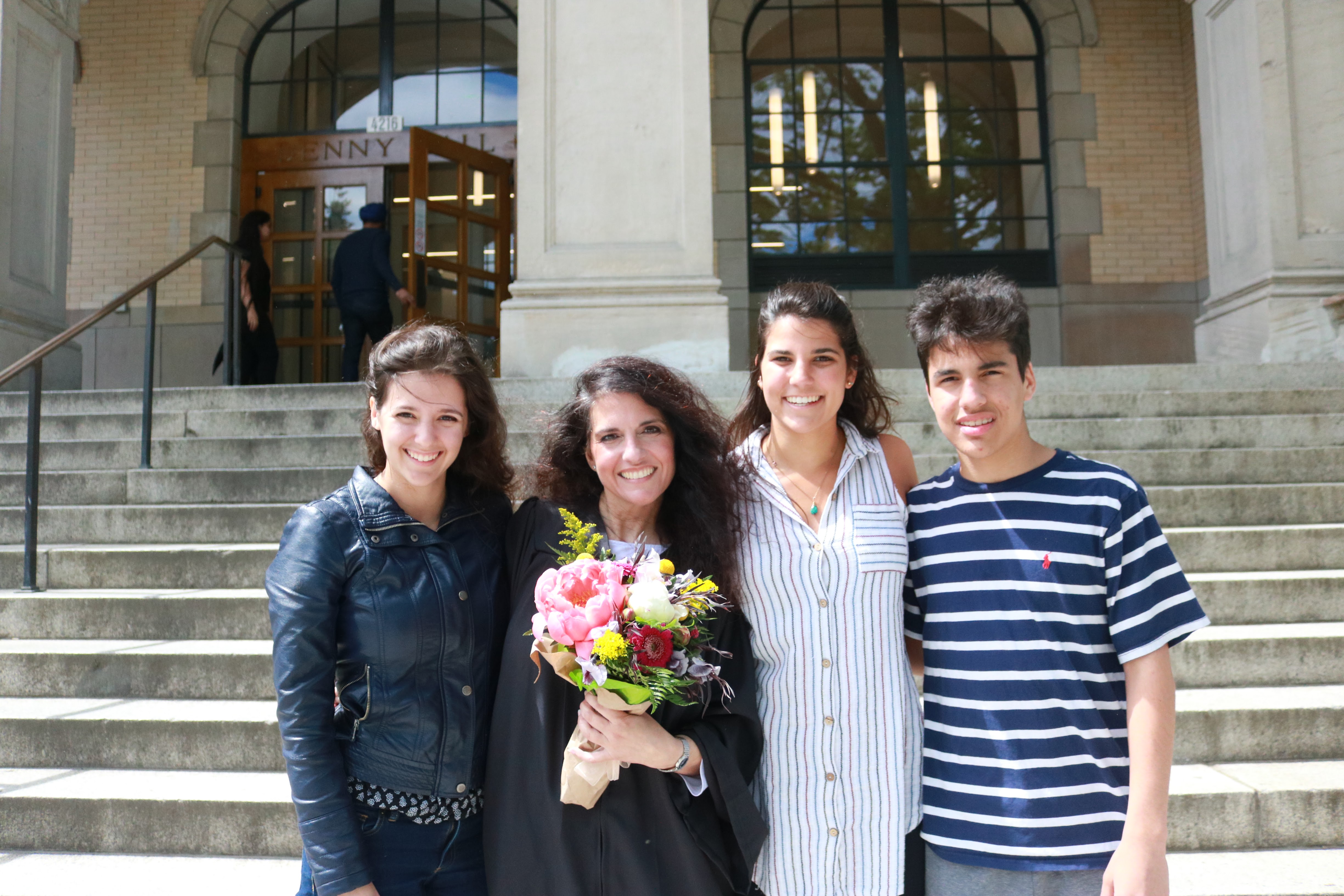
Regina Friedland with three of her four children at UW graduation 2017
Regina Friedland matriculated to UW in 1987. After taking some time away to raise four children, Regina returned to UW in 2015 to double major in Jewish Studies and Journalism. Regina’s daughters are also alum (Tanya Friedland, ’14 and Halle Friedland, ’17), her son, Joshua Friedland (not pictured) is expected to graduate from the Jackson School in 2018, and her youngest, Ben, is a hopeful Husky about to start high school.
We caught up with Regina to ask her about her experiences at UW and with Jewish Studies.
What was your favorite course at UW?
By far, Popular Film and the Holocaust with Professor Richard Block was the best class I have taken in my life. It should be required for any human who is 16 or older. I thought that being older I might have already seen a lot of these films and had a solid basis, but the way he [/fusion_builder_column]
Why should students take Jewish Studies courses?
In Jewish Studies classrooms, there’s constant discourse. It’s beyond content; it’s about how students relate to the topic. That’s not something you can get from a book. [Rather,] it requires an exchange, both from the instructor and also from the students who come from such varied backgrounds, Jewish and not Jewish. In general, college students are open to hearing each other and sharing their opinions. They are hungry for different perspectives to give them a basis to help form own opinions. Jewish Studies offers that.
For Further Exploration
- Take a Jewish Studies course at UW this autumn
- Read undergrad Yarrow Linden’s blog post, “Expanding my Jewish Studies Horizons in Australia”
- Read an interview with Manuela Rosero, ’16, about her life-changing experience in the Negev


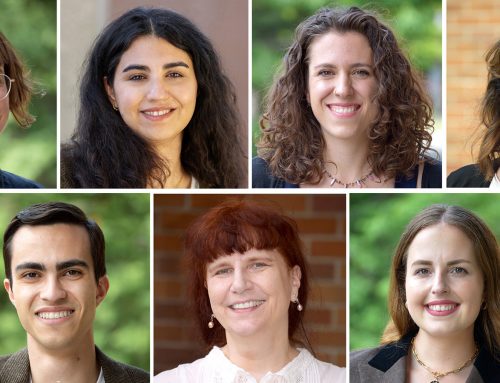
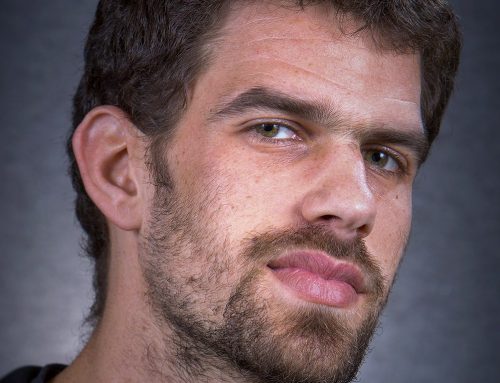
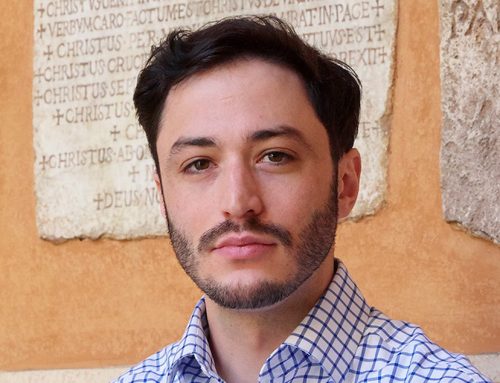
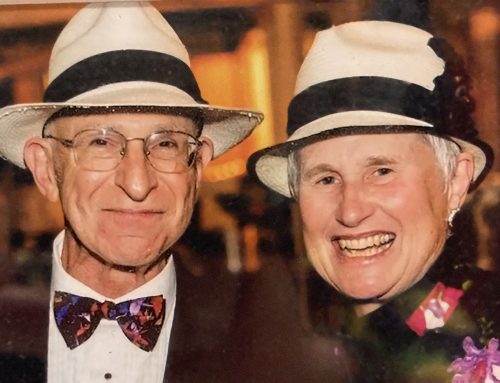
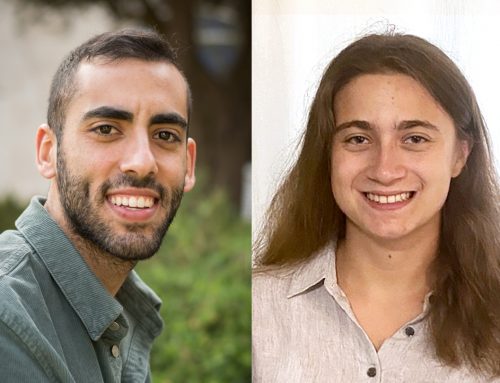
Leave A Comment